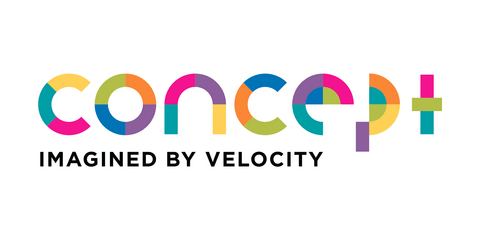Dr. Brian Forrest wins Award of Excellence in Graduate Supervision
During his tenure in the Department of Pure Mathematics, Dr. Brian Forrest has supervised 18 master’s students, 10 doctoral students, and 11 postdoctoral fellows who have gone on to build successful careers in academia and industry. It came as no surprise to any of them that Dr. Forrest received the 2020-21 Award of Excellence in Graduate Supervision.









